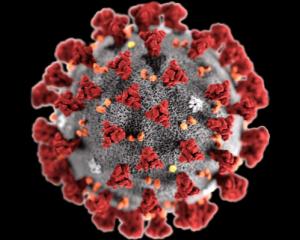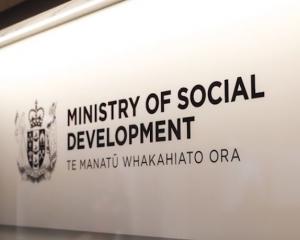There is no evidence a tax on sugar will reduce consumption or obesity and people have the right to decide what to eat, new research reveals.
A Health of the State report released today by research company New Zealand Initiatives argued a sugar tax would not improve public health.
New Zealand Initiatives executive director Dr Oliver Hartwich said the recent sugar tax the United Kingdom imposed was "poor" and people weren't consuming less of it.
"Only fizzy drinks are taxed. Milk-based drinks and fruit juices aren't taxed.
"That may contain more sugar than a standard can of coke ... there's so many alternative [products] if they want to avoid tax," he said.
Dr Hartwich said rather than a tax on sugar to reduce consumption, the Government should respect the people's right to choose what they eat.
"There are no silver bullets out there. If you really care about obesity and nutrition, and also respect people's right to choose for themselves, alternatives like education can ensure that people make informed choices, even if those choices might not always be what a nutritionist would recommend," says Dr Hartwich.
"Each new regulation, harmless as it may seem, is a step on a slippery slope. What today mainly affects food and beverages could soon be something that applies to cars, clothing or our leisure activities."
He said there was "little robust" evidence to suggest imposing a tax would change the consumption behaviour.
New Zealand Initiatives head of research Eric Crampton echoed this view, saying it might do more harm than good.
"People have to be better off as they see it and it's very easy to do harm to people this way ... if you stop them from doing something they wanted to do.
" ... unless there is a strong clear public health harm, is it really the Government's place to come in and push people around?"
The report included the "drinking culture" in New Zealand.
It stated while Kiwis were told drinking was "problematic, unhealthy and downright embarrassing internationally", law enforcement didn't consistently treat this behaviour as "undesirable enough for the offender to be punished".
It concluded alcohol marketing shouldn't just focus on the consumption, but also why a small group of people behave poorly while drinking.
The report also explores the limited accessibility of e-cigarettes in New Zealand.
While the government plans a smoke-free country by 2025, cigarettes are readily available in stores.
A smoke-free alternative, e-cigarettes, were, however, restricted by the Ministry of Health as they weren't approved as a Nicotine Replacement Therapy (NRT).
New Zealand Initiatives policy analyst and author of the report Jenesa Jeram said this made it difficult for people to find alternatives, to ultimately quit smoking.
"The only people that are taking advantage are the really cool hipsters, the people in the know or people with connections, whereas the people that could benefit the most just don't have access to the products."
"The evidence coming out so far from people is they are using it as a sensation tool and at least to reduce smoking." Ms Jeram said.
Adult obesity statistics 2014/2015
* Almost one in three adults (aged 15 years and over) are obese.
* A further 35 per cent of adults were overweight but not obese.
* Forty-seven per cent of Maori adults are obese.
* Sixty-six per cent of Pacific Island adults are obese.
* Adults living in the most deprived areas were 1.7 times as likely to be obese as adults living in the least deprived areas
Source: Ministry of Health.
Smoking statistics in New Zealand
* About 5000 people die each year in New Zealand because of smoking or second-hand smoke exposure. That is 13 people a day.
* Internationally, tobacco smoke is responsible for about one in 10 adult deaths -- about five million deaths each year.
Source: Statistics NZ











